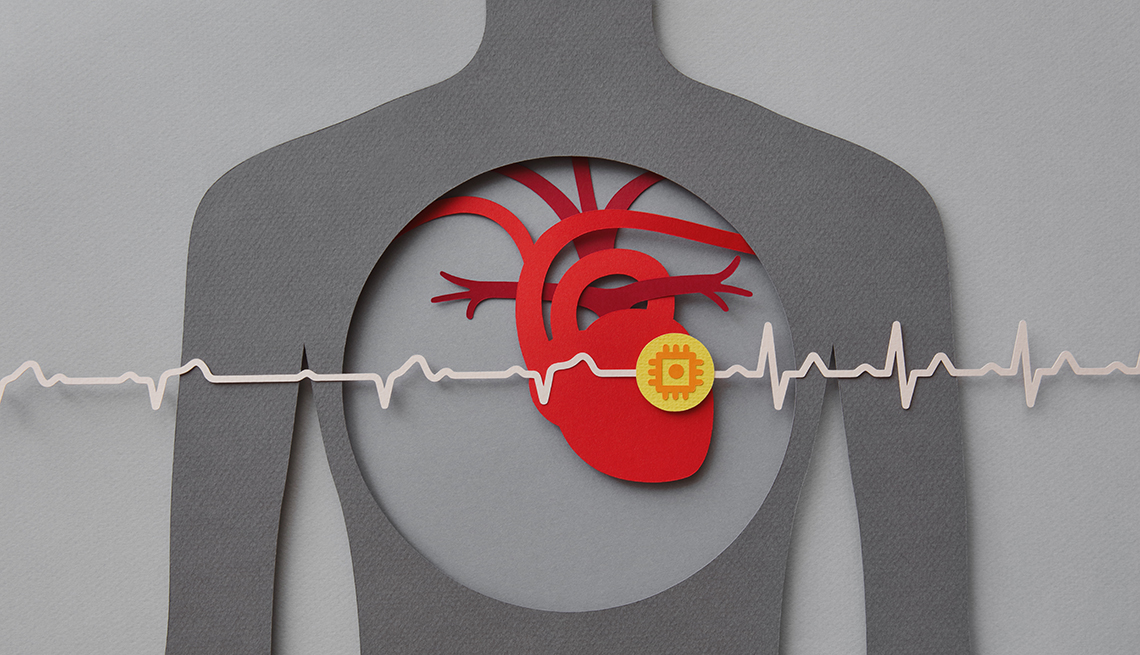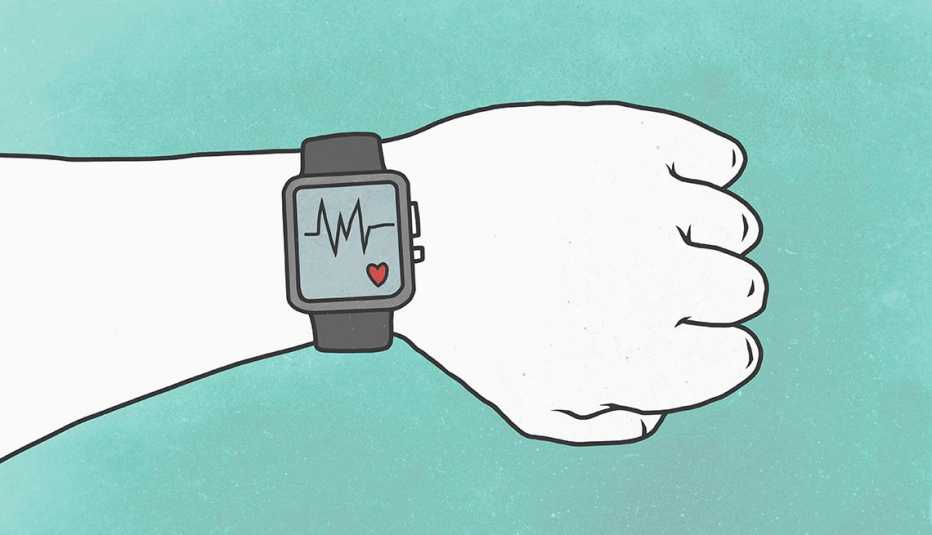Staying Fit
Nearly half of Americans have at least one of the three leading risk factors for heart disease, the leading cause of death in the United States. Yet too often, key heart risks go unchecked.
Roughly half of U.S. adults with high blood pressure don’t have it under control, according to the Centers for Disease Control and Prevention (CDC) — many don’t even know they have it. Similarly, many adults who have high cholesterol aren’t aware, the CDC says, and about 45 percent of people who could benefit from cholesterol-lowering medications aren’t taking them.


AARP Membership— $12 for your first year when you sign up for Automatic Renewal
Get instant access to members-only products and hundreds of discounts, a free second membership, and a subscription to AARP the Magazine.
Do you know where you stand when it comes to your risk for heart disease? Here are four questions to ask your doctor.
1. How’s my blood pressure?
Forty percent of Americans don’t know their blood pressure numbers, and 64 percent don’t know what those numbers mean, a 2019 survey from the American Medical Association and American Heart Association found. Normal blood pressure is less than 120/80. If that top number is 120 to 129, that’s “elevated.” If the top number is 130 or higher, or the bottom number is above 80, that’s considered “high.”
Risk Factors for Heart Disease
Key Risk Factors:
- High blood pressure
- High cholesterol
- Smoking
Other risk factors include:
- Diabetes
- Obesity
- Physical inactivity
- Family history
- A diet high in saturated fats, trans fat, and cholesterol
- Drinking too much alcohol
Source: CDC
High blood pressure is often called a silent killer because it creeps up without symptoms. The only way to know if you have it is to get it measured.
2. What are my target cholesterol numbers, and how do I measure up?
A total cholesterol level under 200 is considered normal, but the best levels of heart-threatening low-density lipo-proteins (LDLs) and triglycerides depend on your age, gender and whether you have other heart risks like diabetes. No wonder half the people with high cholesterol in a recent survey said they were confused about the best cholesterol level for them and how to get there.
Similar to high blood pressure, high cholesterol can come without warning. A cholesterol test — just a quick blood draw — will check your LDL levels, your high-density lipoprotein (HDL), or “good,” cholesterol levels and your triglycerides, which play a role in heart attack and stroke risk.
3. Can you refer me to a dietitian?
Fifty-nine percent of heart doctors say nutrition help can improve heart health as much as medications do. But in a 2021 study, 71 percent of doctors admitted they refer fewer than 10 percent of their patients to a registered dietitian. If your doctor isn’t helpful, you can search for a dietitian in your area through the Academy of Nutrition and Dietetics, at eatright.org.
The American Heart Association recommends a diet rich in fruits and vegetables, whole grains and lean proteins, including fish and legumes.
4. Is it time to see a cardiologist?
Your primary care doctor will likely refer you to a cardiologist if you have serious risk factors for heart disease. But speak up and ask about one if you have a family history of heart disease or a condition called hereditary cardiac amyloidosis, where specific abnormal proteins build up in the heart and other organs, says Anekwe E. Onwuanyi, professor of medicine and chief of cardiology at Morehouse School of Medicine.






































































